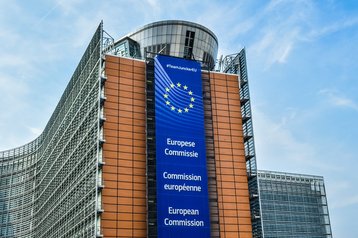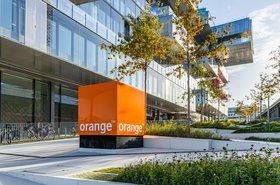The European High Performance Computing Joint Undertaking (EuroHPC JU) has put out a call for tender for the procurement of the digital, photonic quantum computer EuroQCS-France.
The system will be hosted by GENCI (Grand Equipement National de Calcul Intensif, France) and installed and operated at TGCC (Travaux Généraux de Construction de Casablanca), one of the three national computing centers in France operated by CEA, the French Alternative Energies and Atomic Energy Commission.
The EuroQCS-France was commissioned by GENCI in a consortium with the University Politehnica of Bucharest in Romania, Forschungszentrum Jülich in Germany, and the Irish Centre for High-End Computing.
The TGCC currently houses the 22 petaflops Joliot-Curie supercomputer, an Atos Bull system installed in 2019, and previously installed a 1.4 petaflops Bull system called Cobalt in 2016.
Coupled with the Joliot-Curie supercomputer, the EuroQCS-France will offer at least ten physical qubits and be made available to European researchers from the scientific community, industry, and public sector.
According to EuroHPC JU, the system will support the exploration of multiple hybrid HPC-Quantum Computing workloads and will be used for research projects including electromagnetic simulation, structural mechanics, engine combustion, material simulation, meteorology, and earth observation.
EuroHPC JU is a joint initiative between the EU, 34 European countries, and private partners to develop a supercomputing ecosystem in Europe.
Launched in 2018 and headquartered in Luxembourg, its mission is to develop, deploy, extend, and maintain a secure and connected supercomputing and quantum computing ecosystem, while supporting the development of key HPC skills for European science and industry.
In June 2023, the EuroHPC JU signed hosting agreements with six sites across Europe to host and operate EuroHPC quantum computers. In December of that same year, an expression of interest called for the hosting and operation of two new quantum computers, the trapped-ion-based EuroQCS-Poland and the Euro-Q-Exa, a quantum computer based on superconducting qubits and entangling capabilities.






